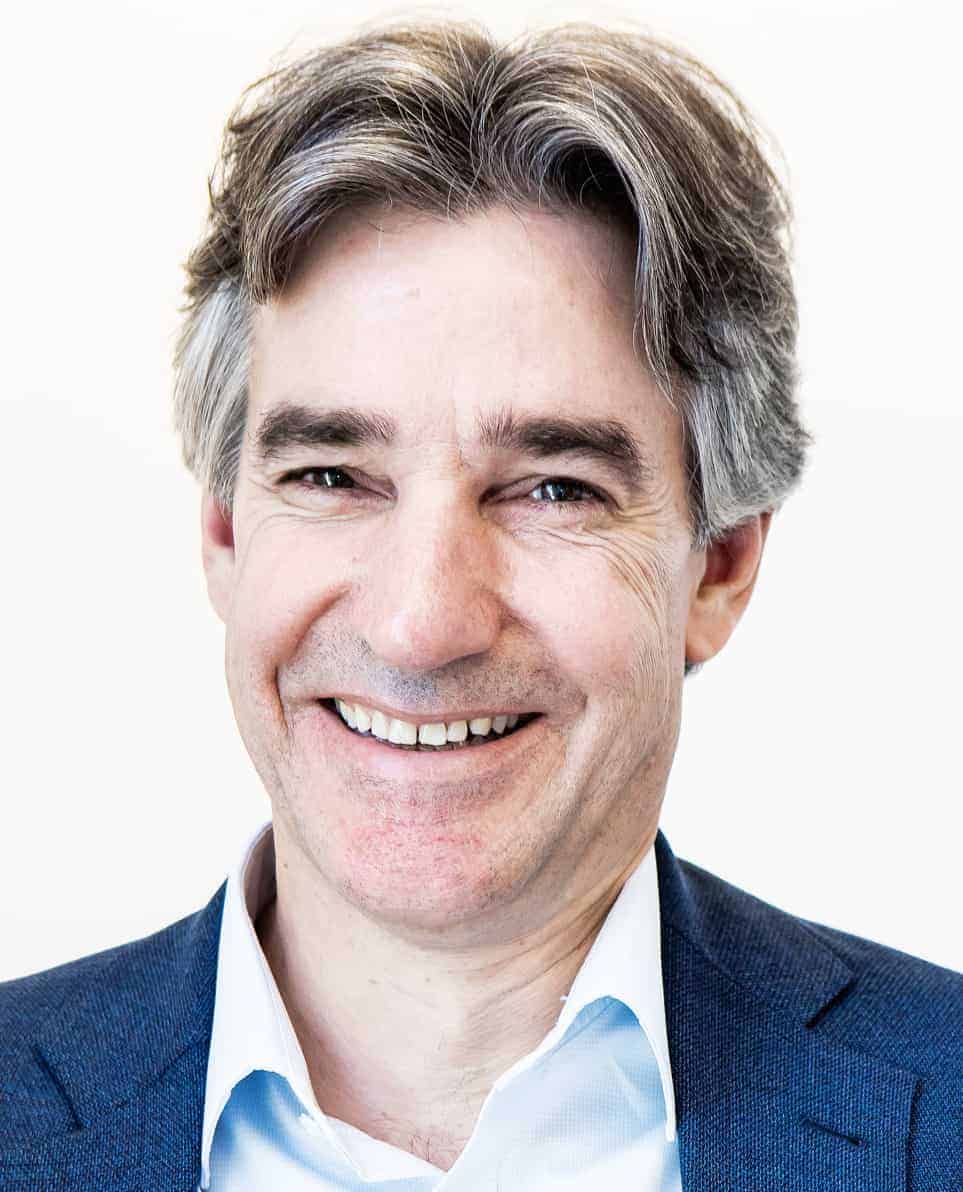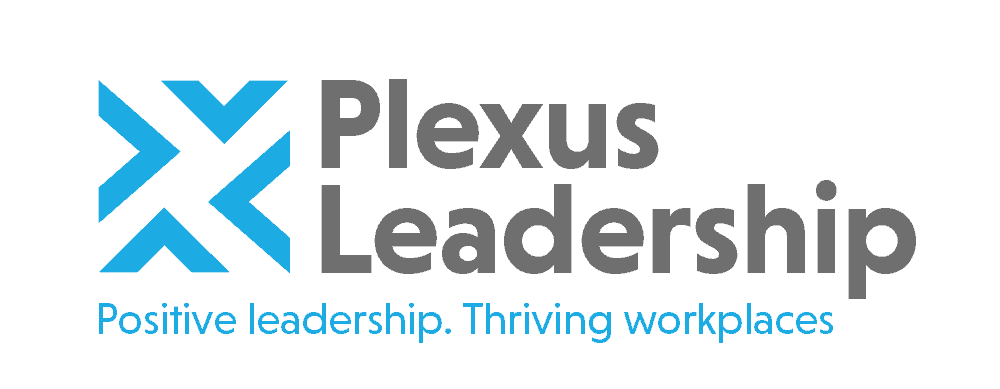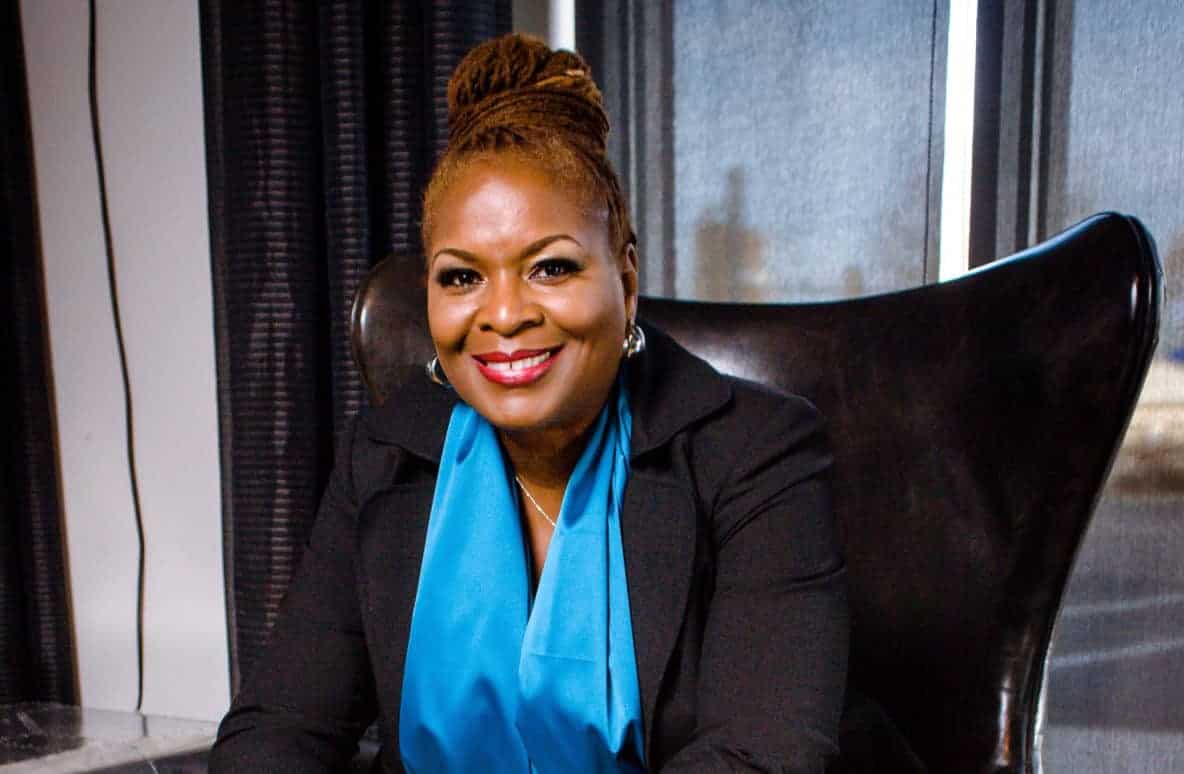The measure of a great leader is how well they respond to crises and other major challenges. Just like pilots, leaders are only fully tested when they encounter wild, unpredictable, and adverse conditions that can have major consequences for their organization, employees, and other stakeholders if not handled well.
COVID is unquestionably a major and continuing storm with little signs of clear skies ahead. It is whipping up all sorts of unprecedented dilemmas and challenges for employees and other stakeholders, including major emotional and social adjustments and economic hardships. So how do positive leaders respond in the face of such challenging circumstances?
Dialling up compassion and empathy
Positive leaders understand that in times of increased emotional pressure and stress, they need to tune into employees’ concerns and be understanding, compassionate and supportive. For example, they recognise that COVID is causing a multitude of pressures and worries including those arising from job insecurities, home-schooling the kids, homeworking, financial worries, social isolation, concerns about family and friends, etc. They show they care by regularly checking in with their people to see how they are doing. They listen and show empathy, providing reassurance that individuals can count on their support. They are quick to spot people who are particularly stressed or vulnerable and ensure additional support and reassurance is provided to help tackle their anxiety and concerns.
Building personal connections
Positive leaders understand that during tough times, people need to feel connected and supported by others. Feelings of loneliness, disconnection and powerlessness can be exacerbated during crises like COVID. Positive leaders understand this so arrange regular team meetings and check-ins to see how everyone is doing and communicate important updates. They encourage people to reach out directly to others for support beyond formal team meetings, leveraging collaboration techniques like online coffee meetups, cross-functional teams, buddying and peer support groups. To help people develop the skills and resilience they need to navigate the crisis effectively, they ensure people have access to regular coaching, training, social learning, and other relevant growth opportunities.
Acting decisively
In a crisis, people want to know how they should respond and what direction the business will take. Positive leaders act decisively, but not rashly, after consulting with their colleagues, the top team, and relevant experts on the best course of action. Since data and information about the crisis is likely to be incomplete or fast-changing, the best leaders accept that there will be some trial and error involved while the response plan is iterated and improved. Positive leaders show confidence and careful decision-making, taking account of people’s feelings to make compassionate as well as logical decisions that protect the longer-term interests of the business and stakeholders. They also care about and prioritize transparency, clearly communicating not only decisions being made, but also the rationale for these to ensure people remain informed and can plan accordingly.
Learning and adapting quickly
Novel crises like COVID, by their very nature, are unpredictable and fast-changing. Positive leaders remain calm, open-minded, and ready to adapt quickly to these rapid fluctuations and shifts. They ensure they have a talented team with the right expertise around them to provide the best possible information, insights, and forecasts to navigate the turbulence and crisis.
They intentionally accelerate change readiness throughout the organization by communicating the need for change, building agile teams, and creating collaborative learning cultures that empower employees to engage in creative problem-solving, experiment, and pilot new ways of working.
Transforming the business to emerge stronger
Tough times require a positive mindset, curiosity and an open-minded approach to change and transformation. Positive leaders encourage teams to seize new opportunities arising from the crisis and upheaval. In response to the COVID crisis, for example, they understand that the world after the pandemic is likely to be a radically different one. Therefore, many are taking swift action to accelerate transition of their business online, others are backing home-working as an opportunity to improve productivity, while a growing number are embracing more sustainable business strategies by investing heavily in ESG (Environmental, Social and Governance) goals to ensure their business becomes a force for good. Positive leaders anticipate and respond decisively to forces of change, transforming their strategies, processes, structure, and culture to exploit these changes, rather than being overwhelmed by them.
The true test of great leadership is the ability to handle crises and disruptive change with sound judgement, agility, resilience, and compassion for those who are adversely impacted. Positive leaders step up and demonstrate a reassuring, transparent and human-centred approach to their people while keeping a steady hand on the controls and navigating through the turbulence to build a stronger, better organization.
Other Posts

About the Author
James Brook
Founder and MD | Leadership Consultant | Organizational Psychologist
James is a leadership consultant, organizational psychologist and executive coach. He has over 25 years’ experience working with leaders, teams and organizations globally to optimize their performance, talent and future success. He specializes in positive leadership, thriving workplaces, collaboration and influencing, organizational change and transformation, accelerating innovation and coaching executives and leaders in innovative sectors including Tech, Digital, E-commerce and Life Sciences.
Before setting up Plexus Leadership, James held leadership roles in HR and Talent Management in the UK and abroad with companies such as NatWest, Yahoo! and Novo Nordisk Pharmaceuticals. After this, he founded and led several talent and leadership consulting and assessment businesses, including Strengthscope®, an online strengths assessment and development business serving a wide range of UK and global clients. James grew this venture into a global market leader before selling the business in 2018.
James has supported, advised and coached leaders and teams globally across diverse industries and geographies. Clients he has worked with include Allen & Overy, Commvault, Equinor, Facebook, GSK, Hilton, John Lewis, Novartis Pharmaceuticals, NHS, Oracle, Sainsbury’s, Swiss Re, Tesco, Takeda Pharmaceuticals, WSP and Yahoo!.
James has a Master’s in Organizational Psychology, an MBA, an Advanced Diploma in Executive Coaching and a Harvard Business qualification in Sustainable Business Strategy. He is a member of the Institute of Directors, the Association of Business Psychologists and a Fellow of the Chartered Institute of Personnel and Development (FCIPD). He is currently undertaking a PhD in Organizational Psychology examining the start-up experiences of Tech and Digital entrepreneurs.
James is a regular contributor and speaker on leadership, coaching, innovative talent management and the future of work. His most recent book, Optimize Your Strengths, explores how leaders can create thriving workplaces by inspiring and supporting people to optimize their potential and teamwork to deliver breakthrough results.





